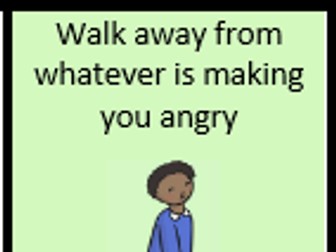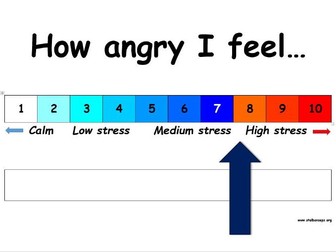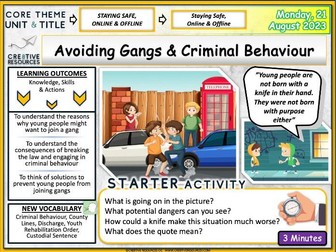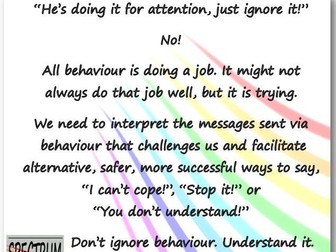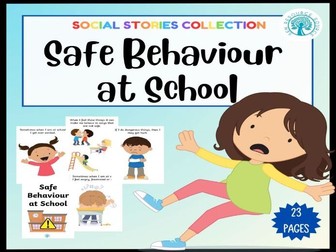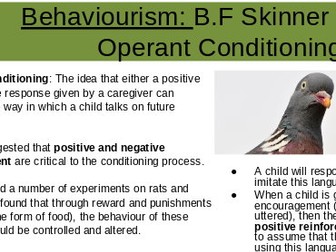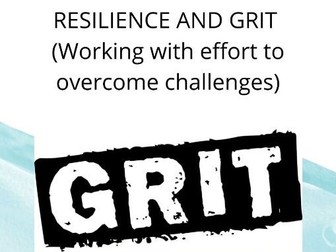
Managing Challenging Behaviour - Professional Training
The following staff training professional development package has been developed for anyone who is supporting and working directly with individuals who demonstrate challenging behaviour. Specifically this Information Booklet provides strategies and supports for individuals who have intellectual and developmental disabilities. This package explores the following:
BEHAVIOUR PROBLEMS DEVELOPMENTAL DISABILITIES
POSSIBLE FUNCTIONS OR CAUSES OF BEHAVIOURS
-Function of Behaviours
-Why is the Behaviour Occurring (exploring communication, attention, demands, sensory, tangible, environmental considerations, mental health and medical issues)
GATHERING INFORMATION ABOUT THE BEHAVIOUR
-ABC Model of Data (including recording sheet and example)
GENERAL POSITIVE BEHAVIOUR SUPPORT STRATEGY
-Teaching Appropriate Behaviours, Establishing Ground Rules, Planned Activities, Calming Activities and an Calming Area
-How you are Feeling today board
-My Problem Solving Cube
-Rewards for Good Behaviour, Distracting and Redirecting
-Exploring Discipline vs Punishment, planned ignoring, logical consequences, natural consequences, quiet time, time out
LOOKING AFTER OURSELVES
-Why do we need to think about ourselves? Exploring Emotions
-Causes of Stress
-Dealing with Stress
-Looking After Yourself (healthy thinking patterns, develop better feelings about ourself, managing yourself and your body)
DATA COLLECTION FORMS
-ABC Data Form
-Unhealthy vs Healthy Thoughts Form
-Challenging my Thoughts Form
STORE CREDITS - Did you know…?
• Each time you give feedback on a product, TPT gives you feedback credits that you use to lower the cost of your future purchases. Feedback to TpT Sellers, just like feedback to students, is a valuable tool to aid improvement of future products. Go to your “My Purchases” page to view past downloads, and provide a rating and comment.
• You can be the first to know about new discounts, freebies and product launches. Look for the green star next to the TpT store logo and click it to become a follower and receive email updates about the store.






